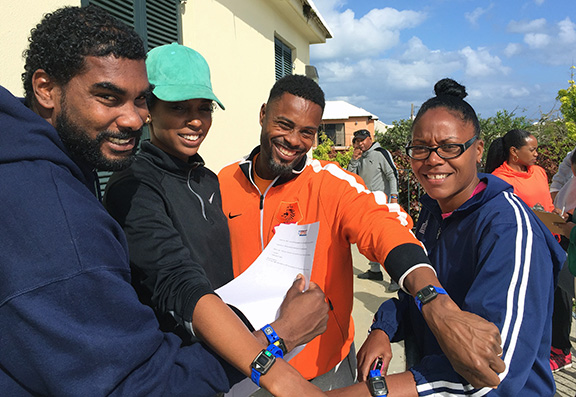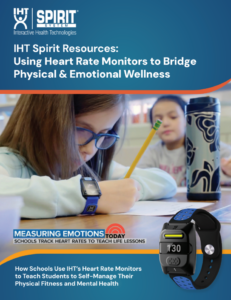Feb. 24, 2017 – Searching for an effective way to motivate students to take personal responsibility for their fitness through physical education, Bermuda’s Ministry of Education turned to the IHT Spirit System, training teachers to give students daily feedback showing how their physical activity level compared to their goals.
When implementing new education technology, making sure teachers receive the proper training and professional development is essential to a successful start. Bermuda’s teachers and coordinators went through multi-faceted training on the IHT ZONE wrist heart rate monitors and the Spirit System Assessment Measures software suite last week.
“…The Spirit System application training and heart rate training is happening this month to coincide with schools’ midterm break,” wrote Jeanne J. Atherden, the Minister of Health and Seniors in a report to Bermuda’s House of Assembly. “By the end of March, all P5 [elementary school] to S3 [middle and secondary school] students will be wearing Heart Rate monitoring devices during their PE classes.”
Motivating and inspiring students
Bermuda’s Ministry of Education will utilize IHT’s heart rate technology and assessment software to motivate and inspire students to take charge of their own health. Teachers understand that putting students in touch with their heart rate data will be a powerful tool.
“The most important thing I learned in the training was that IHT Spirit aims to encourage students to develop an internal awareness and intrinsic motivation to improve and succeed,” said Lyndsy Ford, one of more than 40 teachers who trained on the technology with IHT’s Lois Mauch and Jen Reeves.
During two training days, Mauch and Reeves instructed Ford, her fellow teachers, and PE administrators on the intricacies of the Zone heart rate monitors and the accompanying Spirit Assessment Measures Software. Teachers wore the heart rate monitors, participated in PE lessons directly related to Bermuda’s new Premier’s Youth Fitness Programme portfolio, and learned to use the software as they would during a standard PE class. They also evaluated the collected heart rate data to reinforce the value of working hard in PE to each student.
“As P.E. teachers we are always asking students to warm up or to execute a skill at a percentage of their max,” Ford said. “With the HRM now we are able to be more accurate when monitoring students target zones, and in turn, students are more aware of their target zones and can appreciate how their heart rate determines the zones. The software is great for tracking students’ participation, efforts, and improvements.”
Training to improve Bermuda’s health
In the fall of 2015, Bermuda’s Ministry of Education began a process to improve the fitness of its students. A 2011 World Health Organization report identified that 70 percent of Bermuda’s population struggled with obesity and diabetes. To prevent another generation from matching that profile, officials enacted the Premier’s Youth Fitness Programme — patterned after the U.S. Presidential Youth Fitness Program — to improve fitness beginning with students.
“The (Premier’s Youth Fitness Programme)] is a dual initiative between the Ministry of Health and the Ministry of Education,” said Ministry Curriculum Officer for Physical Education & Health Arnold Manders. “(The Ministry’s) sole purpose is to increase the physical activity of all of our kids in Bermuda.”
Along with the PYFP, Bermuda committed more time to physical education for its students. In the nation’s high schools, students get between one and two hours of PE every day. Elementary students now get at least 45 minutes of PE every day.
Developing the program and committing time to PE form just two pieces of the country’s new vision. The third aspect included a pair of successful training sessions. The first took place last Spring and focused on the Spirit System and fitness assessments. This February, the second training focused on the IHT ZONE monitors and the Premier’s Youth Fitness Program.
Beginning in March, Manders has challenged his teachers to take a different approach to PE, one that will eventually see between 60 and 70 percent of the nation’s students reach the healthy fitness zone. Teachers will now teach students about FITT exercising: frequency (how often they exercise), intensity (how hard they exercise, as measured by heart rate), time (duration of the exercise) and type (the type of aerobic or anaerobic exercise completed).
‘Excited to use HRMs’
While the shift isn’t a complete makeover in the way students have been taught, it’s a necessary one, Ford said.
“I wouldn’t say we need to change the way PE is taught, but add in the necessary steps to incorporate IHT Spirit HRM and software use into classes,” she said. “I am excited to use the HRMs as they will add excitement for the students.”
Bermuda’s PYFP includes many elements of a well-know group of fitness tests, and Ford is eager to see how students respond during specific tests designed to elevate heart rate.
“Testing will be great to see students working in the HR zones, especially during the (shuttle) test where most students should enter the Red Zone before finishing their test,” she said.
Bermuda and IHT are midway through a long-term PE improvement plan. While Manders studies the data teachers can provide via the heart rate monitors and software, IHT staff will begin implementing the final aspects of the initial plan. That includes further defining desired student outcomes and developing new ways to promote student fitness. Ford is happy that her nation is a part of that process.
“I think that using the (Spirit System) will bring evidence of learning, participation, growth and development more to light for PE teachers, administrators, and our global teammates,” she said.


